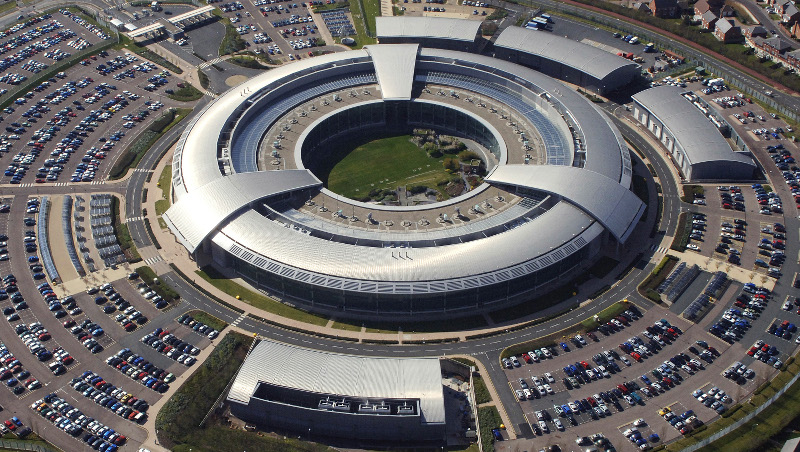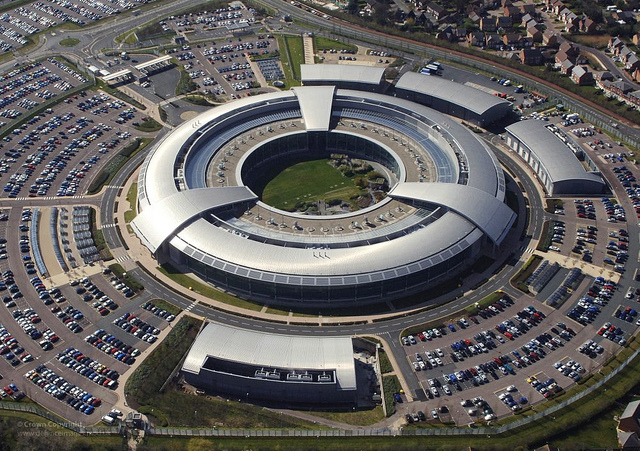Tribunal will not automatically listen to unlawful spying claims
The 650 Investigatory Powers Tribunal claimants will need to provide further evidence they were wrongfully spied on


The Investigatory Powers Tribunal has ruled that the 650 people who said they were wrongfully spied upon by British and American authorities will have to provide further evidence of surveillance before the government will listen to their claims.
If the claimants provide the evidence, the Tribunal will then decide whether the cases will be fully investigated or not. The Tribunal stressed that they will not automatically be looked into.
The complaints came forward after Privacy International campaigned for people who thought they had been unlawfully watched to state their concerns about GCHQ digging into their digital life without their permission last year.
Around 650 people responded and said they wanted the government to investigate into what information had been mined and why they had been selected for investigation.
"Given that these claims arise in the context of the bulk surveillance activities of the UK and US Governments, the Tribunal's requirement that claimants submit further information on why they think they would be spied on before deciding whether to fully investigate their claims is unacceptable," Scarlet Kim, legal officer at Privacy International said.
The Investigatory Powers Tribunal also stated that non-UK residents could not make a claim against the UK government for violating the European Convention on Human Rights, but Privacy International believes this is wrong and goes against the Convention, because the law states that anyone is protected, regardless of where they are located.
"The Tribunal's refusal to recognise the human rights claims of non-UK residents is ill-founded," Kim added. "When a member state to the European Convention on Human Rights commits a human rights violation on its own territory - whether by unlawfully suppressing free speech rights, expropriating property, or conducting surveillance - the victims are entitled to judicial relief no matter where they live."
Sign up today and you will receive a free copy of our Future Focus 2025 report - the leading guidance on AI, cybersecurity and other IT challenges as per 700+ senior executives
"An essential feature of any true democratic society is that covert breaches of the law are disclosed to the victims. The Tribunal's decision is yet another example of the lack of genuine and rigorous public scrutiny of the British intelligence services," she concluded.

Clare is the founder of Blue Cactus Digital, a digital marketing company that helps ethical and sustainability-focused businesses grow their customer base.
Prior to becoming a marketer, Clare was a journalist, working at a range of mobile device-focused outlets including Know Your Mobile before moving into freelance life.
As a freelance writer, she drew on her expertise in mobility to write features and guides for ITPro, as well as regularly writing news stories on a wide range of topics.
-
 Former GCHQ intern risked national security after taking home top secret data
Former GCHQ intern risked national security after taking home top secret dataNews A former GCHQ intern has pleaded guilty to transferring data from a top-secret computer onto his work phone.
-
 Businesses must get better at sharing cyber information, urges former GCHQ chief
Businesses must get better at sharing cyber information, urges former GCHQ chiefJeremy Fleming, the former head of GCHQ, has warned businesses face increasingly sophisticated cyber attacks on critical national infrastructure (CNI).
-
 UK and US pledge to punish cyber criminals at annual meeting
UK and US pledge to punish cyber criminals at annual meetingNews Intelligence and defence officials met at the annual forum to discuss approaches to cyber security for the years ahead
-
 GCHQ opens up about concealing cyber threats from global community
GCHQ opens up about concealing cyber threats from global communityNews In a series of publications from GCHQ and the NCSC, security directors explain why and how it keeps security threats a secret
-
 GCHQ has "over-achieved" at developing state hacking tools
GCHQ has "over-achieved" at developing state hacking toolsNews The organisation has developed double the offensive cyber attacks than that of criminals
-
 Canada's spy agency releases its own anti-malware tool to the public
Canada's spy agency releases its own anti-malware tool to the publicNews The CSE says its scalability makes it an ideal fit for enterprise applications
-
 The Queen formally opens National Cyber Security Centre
The Queen formally opens National Cyber Security CentreNews UK cyber chief talks tough in the face of hacker threats
-
 UK hit 'by almost 200 Russian cyber attacks' in three months
UK hit 'by almost 200 Russian cyber attacks' in three monthsNews Cybersecurity chief: Britain could soon be hit by a "category one" attack

